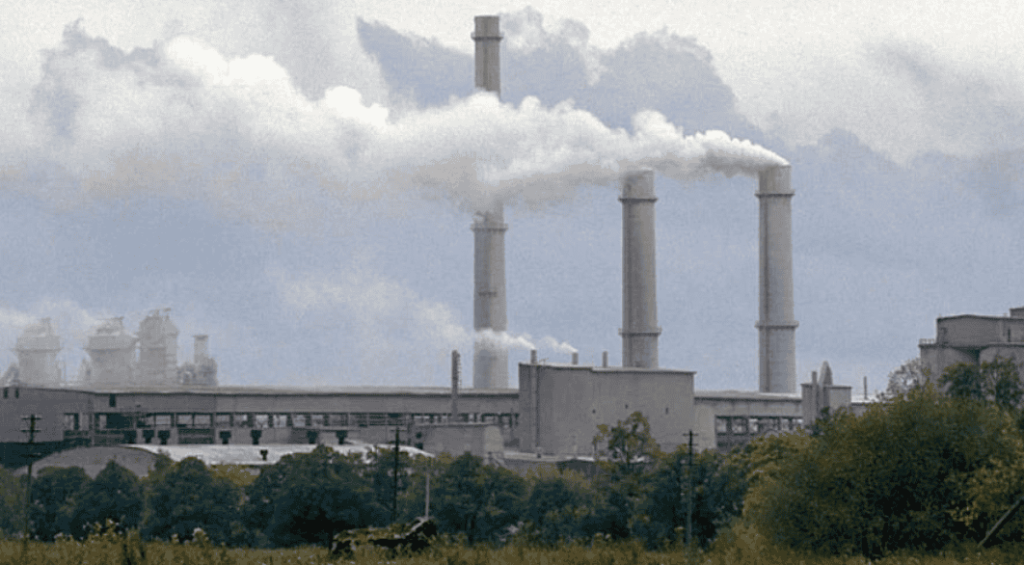Last year, Nairobi hosted the IDA Summit for Africa, as torrential rains triggered by El Niño phenomenon flooded the city. In recent years, East Africa has seen repeated cycles of devastating droughts and floods. These extreme weather events highlight the growing tension between climate pressures and development needs.
Africa is both the epicenter of environmental stress and a laboratory for solutions the world urgently needs. Growth driven by progress in infrastructure has improved millions of lives, but at the cost of rising pollution, degraded soils, and water risks. Two-thirds of Africans are exposed to all three stressors, which undermine growth, health, and prosperity.
Leaders meeting at the Africa Climate Summit in Addis Ababa must redefine the continent’s plans for a climate-resilient future. The moment calls for a fundamental reset of development, one that decouples economic growth from environmental degradation to ensure inclusive and resilient progress.
Take forests, the planet’s “rain infrastructure”: They generate nearly half of global rainfall by recycling moisture. When forests disappear, rainfall and crop yields decline. Between 2001 and 2020, deforestation in Africa reduced rainfall by 7 percent in some regions. Forests also store 65 percent of the continent’s freshwater—critical for agriculture and communities.
These shocks are real: They sap growth and drive families into poverty.
Yet, African countries have shown it is possible to boost the economy without further harming the environment. Smarter agriculture is at the heart of the solution. Fertilizers have increased yields, but overuse and poor timing now damage ecosystems and erode productivity. Half of global food production suffers from yield losses due to nitrogen overuse. By contrast, in Ethiopia, targeted fertilizer management has increased wheat yields by 25 percent.
Investing in a cleaner economy can deliver a “double dividend”: creating more jobs while reducing pollution. Every dollar invested in labor-intensive sectors, such as forestry, agriculture, health, education, and water, generates more jobs than capital- and pollution-intensive industries like mining, oil, and heavy transport. A strategy for a livable planet in Africa can create millions of jobs, boost gross domestic product, and build resilience.
Our new report Rebooting Development outlines five priorities:
- Harness real-time data and satellite imagery to target interventions.
- Think in systems to avoid policies that solve one problem while worsening another.
- Align environmental, social, and economic goals through smart reforms.
- Build coalitions to advance reforms.
- Evaluate and adapt policies regularly to stay effective.
These approaches are not theoretical: Pioneering African countries are already applying them. The costs of inaction grow as climate risks intensify, while the benefits of action are immediate. For instance, a farmer in Côte d’Ivoire’s Sassandra Basin sees more regular rains when upstream forests are preserved. A welder in Kolwezi earns a living producing parts for a new processing plant. A fisherman in the Gulf of Guinea lands more catch as marine ecosystems recover.
Africa can lead the way toward a model where economic progress stems from ecological stability. Livelihoods, economic stability, and resilience all depend on it. Leaders meeting in Addis Ababa must seize this moment to make it the foundation of the continent’s development model, paving the way for a more resilient and prosperous future.
Source : World Bank





































































